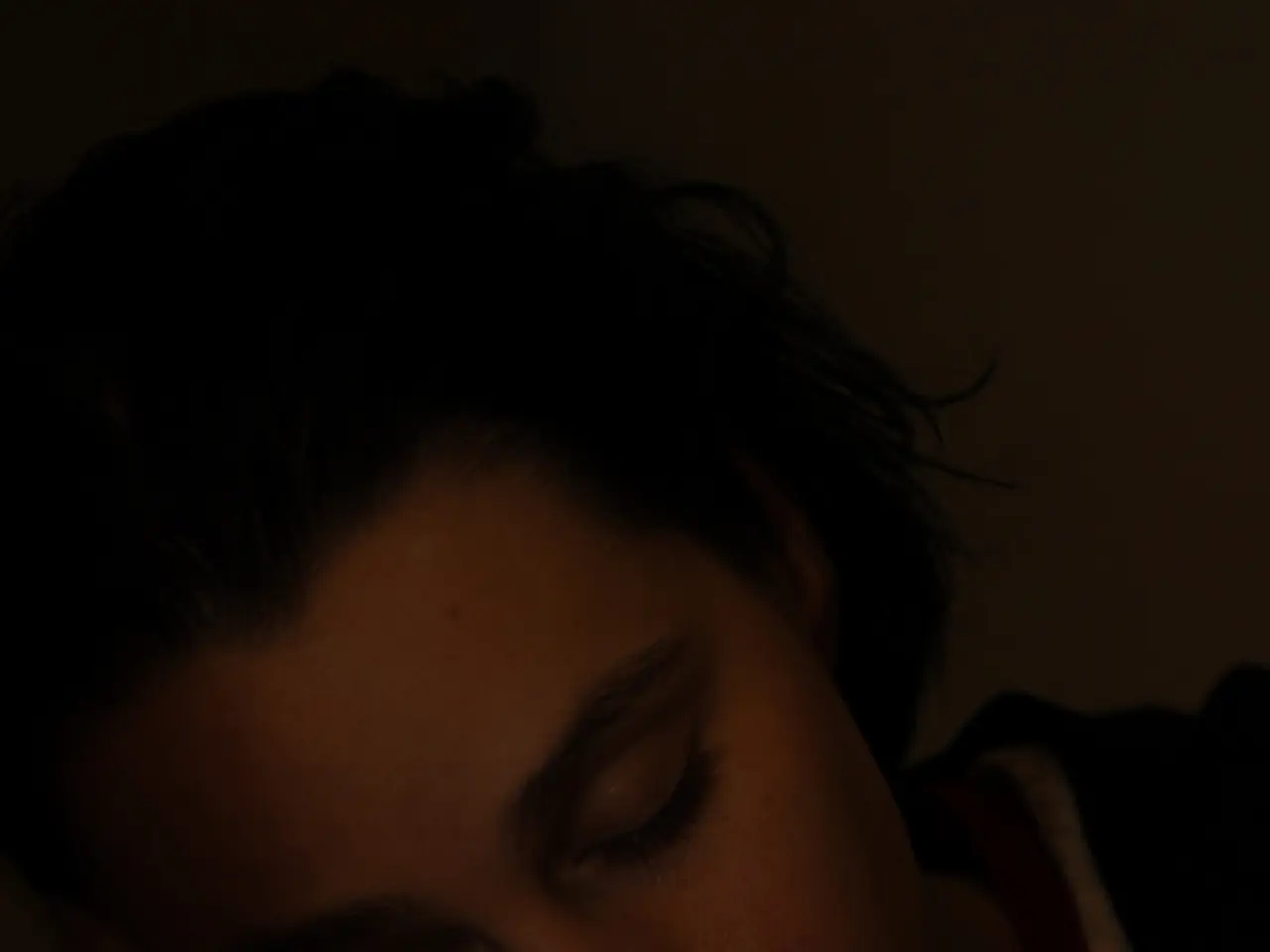Duration of Human Awake Period Without Sleep: What's the Maximum?
Human Endurance and the Limits of Sleeplessness: A Closer Look
The human body's endurance without sleep has been a subject of fascination and experimentation. However, the upper limits remain unclear, with estimates suggesting that a person can go without sleep for approximately 11-12 days.
This was demonstrated in the infamous sleep deprivation experiments of the past. Randy Gardner, a 17-year-old, stayed awake for an astounding 264 hours (11 days) in 1964 as part of a science fair project. During this time, he experienced difficulty focusing, mood swings, hallucinations, severe cognitive impairment, slurred speech, memory lapses, and paranoia.
Similarly, radio DJ Peter Tripp stayed awake for 201 hours during a publicity stunt, known as the "Tyler Vigil Study." His condition deteriorated significantly, mirroring Gardner's experience.
These experiments serve as stark reminders of the allure of testing human limits but highlight the clear lesson: sleep is an essential, non-negotiable pillar of human life.
Modern sleep deprivation research adheres to strict ethical guidelines, limiting the duration of wakefulness and ensuring participants' health is closely monitored. Researchers now focus on milder forms of sleep restriction, using tools like functional MRI (fMRI) and EEG to study the brain's response.
Sleep is not merely a passive state but a fundamental process that supports every aspect of health, from brain function to immune defense. It is a complex biological process regulated by the circadian rhythm and the homeostatic sleep drive.
Sleep supports cognitive restoration, physical recovery, emotional regulation, toxin clearance, and maintains homeostasis. However, even before reaching the extreme threshold, the brain begins to compensate for sleep deprivation through micro-sleeps, brief, involuntary lapses in consciousness lasting a few seconds. These contribute to lapses in attention and memory, increasing the risk of accidents.
Chronic sleep loss increases the risk of various long-term health consequences, including cardiovascular disease, diabetes, obesity, mental health disorders, neurodegenerative diseases, and Alzheimer's disease. Fatal familial insomnia (FFI), a rare genetic disorder, demonstrates the fatal consequences of prolonged sleep deprivation. FFI is caused by mutations in the PRNP gene, leading to the accumulation of misfolded proteins in the brain, specifically targeting the thalamus.
In military settings, sleep deprivation studies reveal marked declines in decision-making, situational awareness, and physical performance after 72 hours. The importance of prioritizing sleep for both short-term performance and long-term well-being is underscored by modern research.
In conclusion, while short-term survival without sleep has been documented up to around 11 days, the progressive mental and physical decline during sleeplessness makes this unsustainable and dangerous. Sleep is essential for brain restoration, immune defense, cardiovascular health, and overall bodily function.
- Sleep's importance extends to the various aspects of human health-and-wellness, including brain function, immune defense, cognitive restoration, and emotional regulation.
- Moreover, in the context of mental health, chronic sleep loss can increase the risk of developing disorders like depression and anxiety.
- In light of the evidence, it's essential to recognize that sleep is a critical component of one's well-being, not merely a passive state, but a vital biological process that contributes to overall health.




